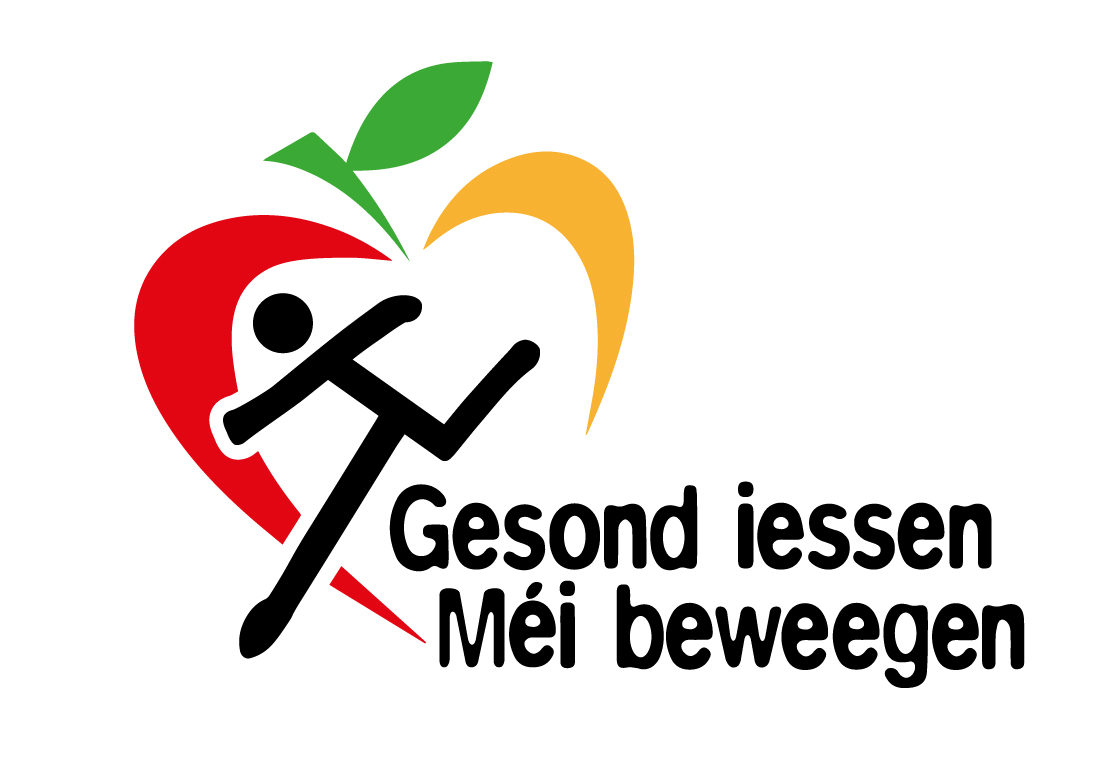National Breastfeeding Plan
Public health priorities and preventive medicine measures prioritise breastfeeding protection, promotion and support.
The National Breastfeeding Protection, Promotion and Support Policy , as recommended by the National Breastfeeding Promotion Committee (Comité national pour la promotion de l’allaitement maternel), was signed in March 2006.
The Ministry of Health recommends that babies are exclusively breastfed to give them the most healthy start in life. Breastfeeding helps babies to develop and grow, and is also beneficial to the mother's health.
This recommendation is based on those of the World Health Organization (WHO) and international experts.
The 2006-2010 Action Plan is based on the following findings:
- Breastfeeding is the most natural way to feed infants and young children. Exclusive breastfeeding for the first six months contributes to a child's healthy growth and development. Breastfeeding infants or young children beyond six months alongside healthy foods contributes to good health and development. Low breastfeeding rates have been linked to significant health and social issues impacting on children, women, the community, the environment and healthcare costs.
- Although Luxembourg's breastfeeding rates are rising, they remain low. This applies both to initiation and duration. Mothers often give up breastfeeding early for different reasons, including lack of information, lack of support and returning to work. Breastfeeding prevalence differs considerably based on socio-professional background, with disadvantaged groups having the lowest rates.
- All specialist services, professional bodies, educational establishments, workplaces and society in general all have a role to play in increasing and expanding breastfeeding promotion in Luxembourg.
The 2006-2010 National Action Plan presents initiatives aligned with the goals of the National Breastfeeding Protection, Promotion and Support Policy. It is based on partnerships with other stakeholders, including healthcare professionals and NGOs working in this area. The Plan ensures that initiatives are consistent and helps to inform and raise awareness among the various target audiences.
After the 2006-2010 Action Plan expired, the Breastfeeding Committee drafted a new Plan to cover 2011-2015. Indeed, each year the National Breastfeeding Promotion, Protection and Support Committee writes an annual plan with short-term actions to address medium- and long-term objectives.
The ALBA 1 (2008, published in 2011) and ALBA 2 (2015, published in 2017) studies serve as a basis for assessing and determining the direction of the various action plans.
Since 2016, we have been working with the National Breastfeeding Committee to look at how we can incorporate the Breastfeeding Plan into the new GIMB "Eat healthy, be more active" (Gesond iessen, Méi beweegen) Plan. Our vision is to use breastfeeding to help provide the best start in life.
Dernière modification le

